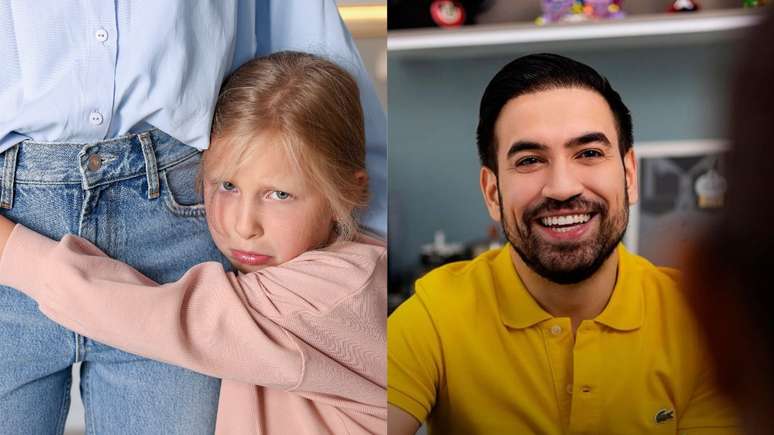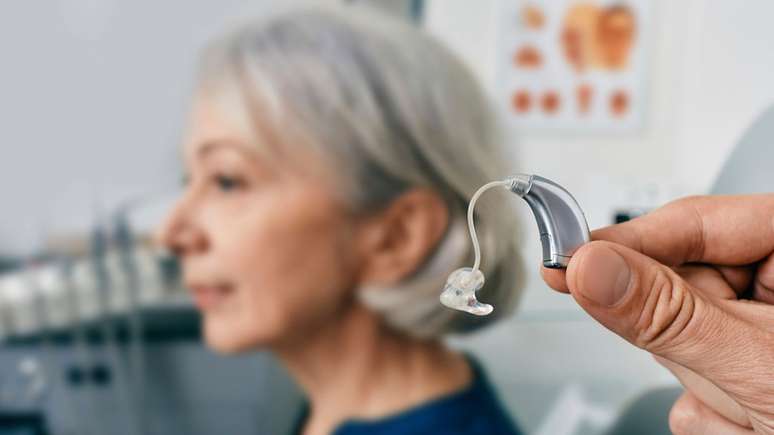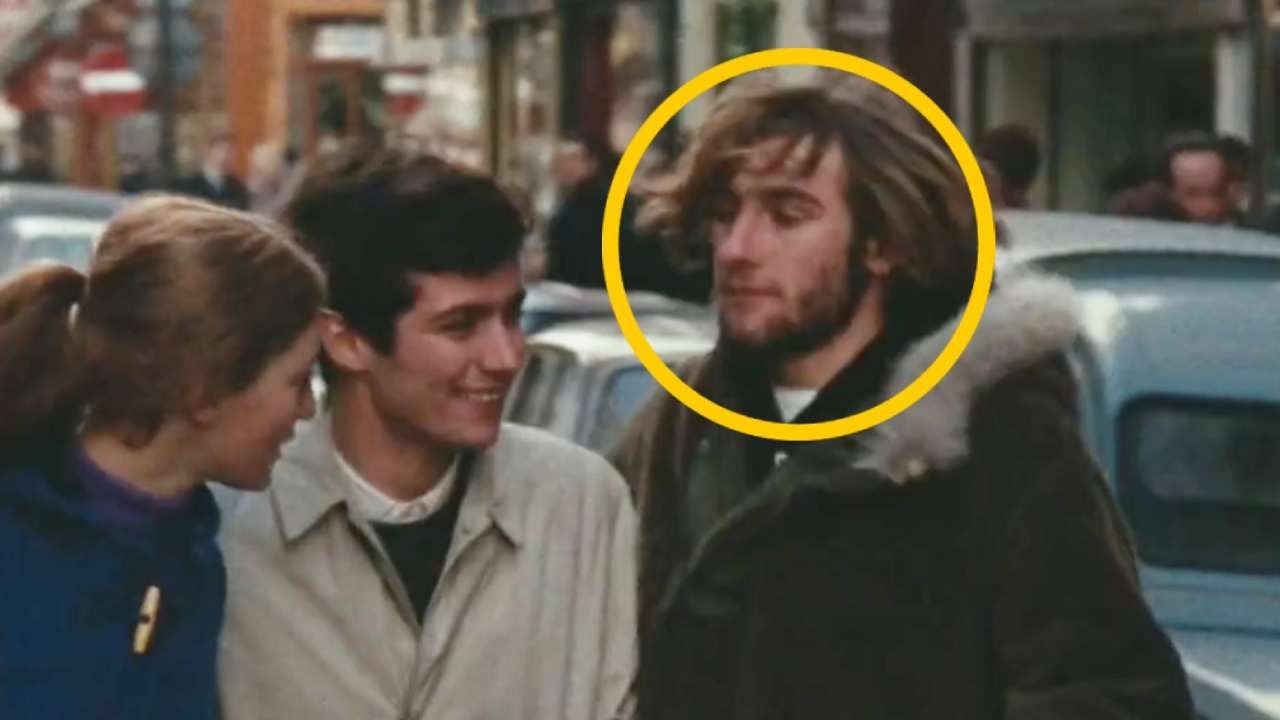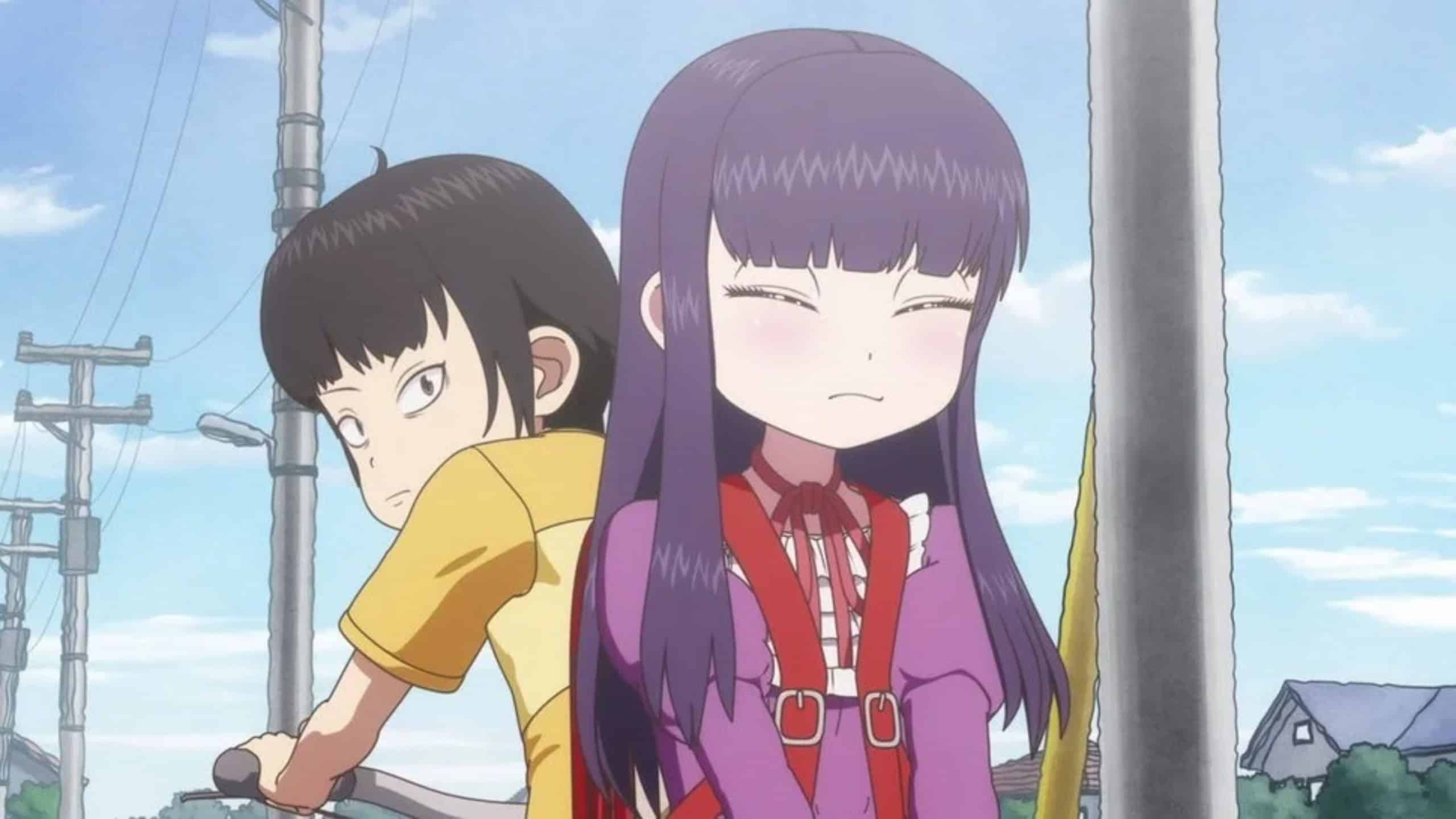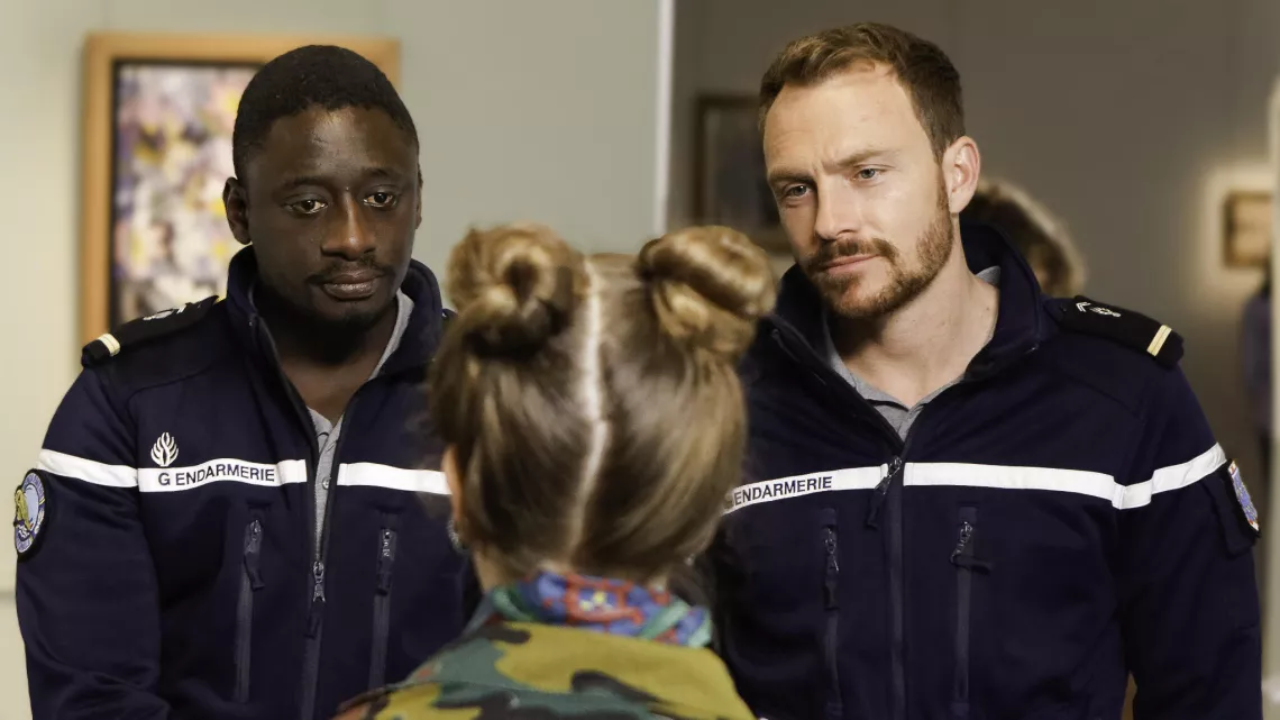The earlier treatment is given, the greater the chances of healthy development
According to pediatrician Luis Pimenta, a specialist in child psychiatry, early identification of symptoms is essential for the healthy emotional development of children.
In recent years, the number of children with anxiety symptoms has grown significantly. According to data from the World Health Organization (WHO), approximately 1 in 5 children suffer from emotional disorders, and anxiety is one of the most common conditions among them. The pandemic, school pressure and excessive use of screens have intensified this scenario, making it essential that parents and educators know how to recognize when fear and worry exceed the limit expected for their age.
According to Dr. Luis Pimenta, “it is normal for children to feel fear before a test or worry when faced with new situations, but when these feelings are intense, frequent and begin to affect their sleep, appetite or academic performance, it is time to seek professional help.” The doctor explains that, in these cases, anxiety stops being a temporary emotion and becomes a disorder that can compromise development.
The symptoms are subtle
The signs of childhood anxiety are not always easy to notice. “Some children complain of a stomach ache or headache without a medical cause, others become irritable, cry easily or refuse to go to school,” says Dr. Luis Pimenta. He also points out that the anxious child is not “playing tricks” but is trying to deal with emotions he doesn’t yet know how to name.
Seeing a child psychiatrist is essential when anxiety interferes with daily activities, friendships, or school life. “In the consultation we evaluate the child globally, considering biological, family and emotional factors. Each case is unique and the treatment must be adapted to the age and intensity of the symptoms”, explains the doctor.
Seek treatment
Treatment usually involves child psychotherapy, particularly cognitive-behavioral therapy, considered one of the most effective for anxiety. “Therapy helps the child identify negative thoughts and develop strategies for dealing with fear,” says Dr. Luis Pimenta. In some cases the use of drugs may be indicated, always with careful monitoring and clear explanations to the family. “The medicine does not change the child’s personality; it helps balance symptoms that impede learning and socialization.”
The specialist emphasizes that parents play a central role in the recovery process. “Predictable routines, open dialogue and encouragement of autonomy are simple attitudes that make a difference. When parents learn to welcome and validate their children’s emotions, they feel more confident in facing challenges.”
Dr. Luis Pimenta reminds us that childhood anxiety can be treated and that the earlier treatment is started, the better the results will be. “It is not a problem of weakness or education, but an emotional condition that deserves attention. With the right support, the child can develop fully and confidently again.”
Source: Terra
Ben Stock is a lifestyle journalist and author at Gossipify. He writes about topics such as health, wellness, travel, food and home decor. He provides practical advice and inspiration to improve well-being, keeps readers up to date with latest lifestyle news and trends, known for his engaging writing style, in-depth analysis and unique perspectives.

